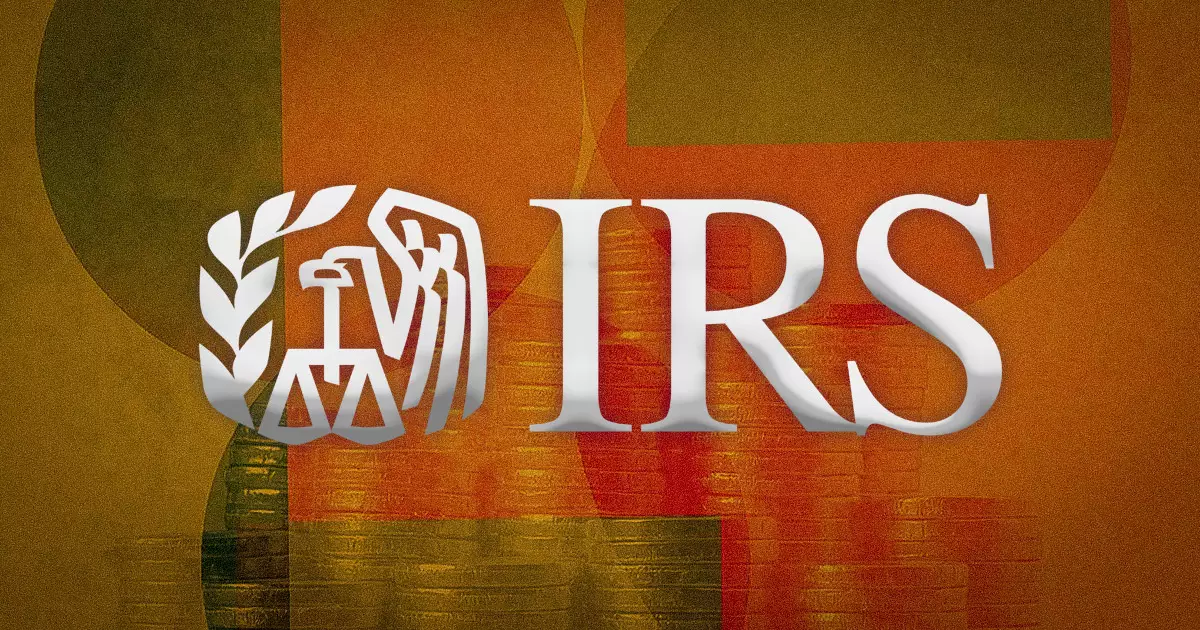The IRS criminal investigation chief, Guy Ficco, recently addressed the growing concern of taxpayers engaging in tax crimes related to cryptocurrencies. He emphasized that there has been a surge in what he referred to as “pure crypto tax crimes” falling under Title 26 of the US Code, which deals with federal income tax violations. These tax crimes typically involve instances where individuals fail to report their income from crypto sales or attempt to conceal their true basis in cryptocurrencies. Ficco foresees this issue persisting and anticipates more charges being brought forth by the IRS in the upcoming year and beyond.
Ficco highlighted an increase in tax-reporting crimes and expressed his belief that crypto will play a more significant role in broader criminal activities such as phone scams, romance scams, and even pig butchering schemes. While the IRS initially focused on investigating crypto-related crimes like scams and embezzlement, there has been a noticeable shift towards addressing tax violations within the crypto space. This shift reflects the growing prevalence of cryptocurrencies in various illicit activities and necessitates a more robust enforcement approach.
Despite the IRS’s efforts to establish tax reporting rules for crypto investors since 2014, compliance remains a significant challenge. Reports indicate that a meager 1.62% of US investors adhere to the tax payment requirements for cryptocurrency transactions, only slightly surpassing the global average of 0.53%. The enforcement of tax regulations pertaining to crypto assets is expected to intensify, with the IRS recently bolstering its expertise in the field and signaling heightened scrutiny ahead. Ficco’s predecessor, Jim Lee, also underscored the agency’s increased focus on addressing tax evasion within the crypto sector, with half of the active investigations in 2023 involving tax-related issues.
The rise of tax crimes involving cryptocurrencies poses a considerable threat to the integrity of the tax system and necessitates a concerted effort from regulatory authorities to curb illicit activities in this domain. As cryptocurrencies continue to gain traction and permeate various sectors of the economy, it is imperative for investors and taxpayers to adhere to reporting requirements and fulfill their tax obligations to avoid facing severe penalties and legal repercussions. The evolving landscape of crypto-related crimes underscores the importance of proactive enforcement measures and the need for enhanced collaboration between government agencies, law enforcement, and the private sector to combat financial fraud and tax evasion effectively.

